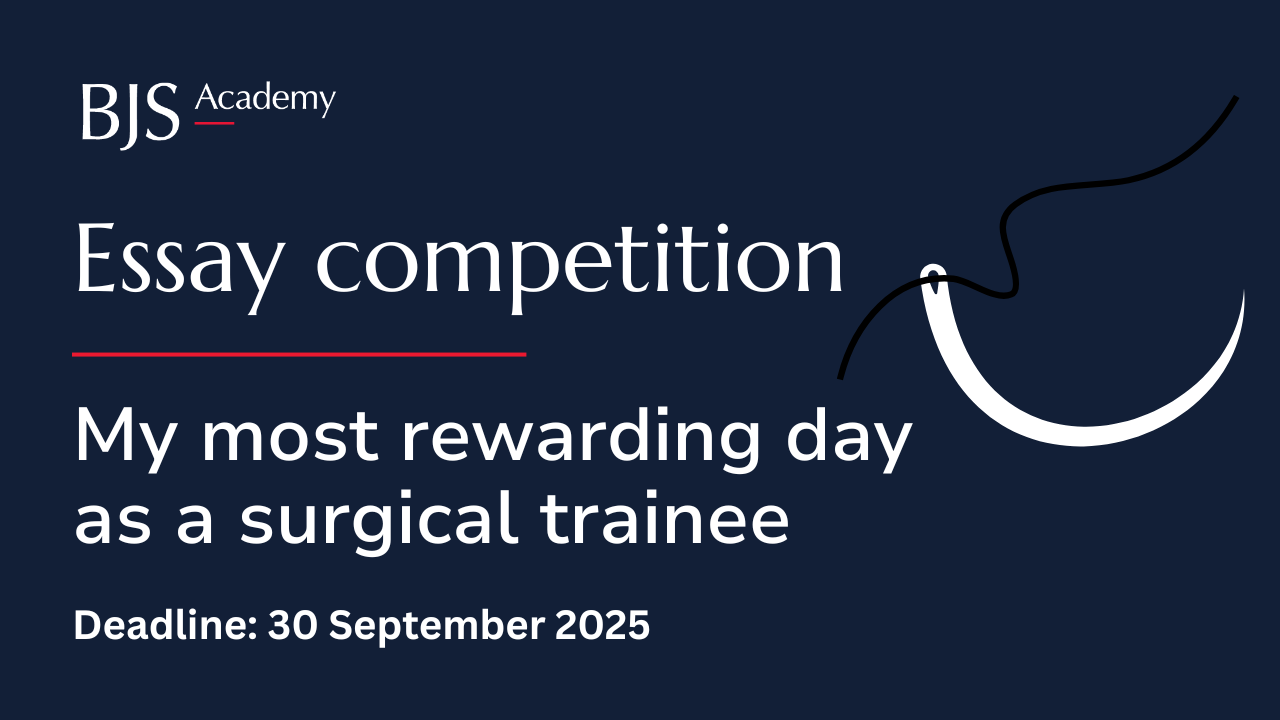BJS Academy>Young BJS>High stakes on a pla...
(134)
High stakes on a plane

Oliver Kooseenlin
CT1 Urology Pinderfields Hospital
2 May 2025
Essay competition General
(134)
Related articles

A surgical challenge on the evacuation train
Georgios Karagiannidis MBBS, MRCS, AFHEA
I was on holiday in Greece when news broke that a wildfire had erupted northeast of Athens, rapidly approaching the small town of Varnavas. On the morning of 12 August 2024, the skies were already heavy with smoke, and the wind carried an ominous, ash-laden warmth. I had planned a brief train trip north to admire the countryside, but instead, I found myself in the midst of an emergency evacuation, with local authorities urging everyone to board trains heading away from the fire zone.
I was ushered onto a crowded carriage filled with anxious families, many clutching their belongings in small bags. The train began rolling slowly southward, but before long, the atmosphere grew tense and unsettling. Amid the chaos, a frail-looking older man, who had been coughing incessantly, suddenly collapsed in the aisle. I identified myself as a doctor (the only medical personnel on board) and rushed to his side.
When I knelt down, I noticed a small wound on his arm. He must have brushed against jagged metal or broken glass during the hurried boarding. He was also breathless, appearing to verge on shock. Quick assessment revealed that in addition to the laceration on his forearm, he might be suffering from inhalation of smoke or an exacerbation of a chronic lung condition.

Everyday emergencies: “It’s the journey that matters”
Ayesha Unadkat
We often hear "It’s the Journey That Matters," but this took on new meaning for me one evening on a train. I realised surgical problems begin long before the first incision—sometimes in the everyday moments, often unnoticed.
It had been a long day, my mind cluttered with unread emails as the train hummed on. Suddenly, a shopping bag slipped from an elderly woman’s hand, spilling groceries. She barely reacted, staring at her hand as her grandson scrambled to collect the items. “Nan, you dropped everything!” he laughed, but she didn’t respond. Her eyes met mine, blinking as if clearing a fog. Her voice, slow and slurred, murmured, “Sorry, I just feel a little off”. Something felt wrong. This wasn't mere clumsiness but a silent alarm bell, a surgical emergency unfolding amidst the mundane.
Introducing myself, I gently inquired about her symptoms. "Can you raise your arms?" I asked. Her left arm wavered; the right remained motionless. Her history, reluctantly revealed, included a recent ‘tumble’, a detail she'd dismissed as trivial. My mind raced—could this be a stroke? An intracranial haemorrhage? The "FAST" mnemonic, a staple of stroke diagnosis, flashed through my mind: Facial droop, Arm weakness, Speech difficulties, Time to call emergency services. Without scans or senior clinicians, what was once just a memory aid from a lecture now felt very real. If this was a neurosurgical emergency, ‘Time’ was critical.

Essay competition: my most rewarding day as a surgical trainee
Have you had a moment in your training that reminded you exactly why you chose surgery? A day that made you feel proud and inspired?
Now is your chance to share that story with the surgical community — and win some fantastic prizes.
The “My most rewarding day as a surgical trainee” essay competition is now open!
Copied!
Connect

Copyright © 2026 River Valley Technologies Limited. All rights reserved.



.png)





.jpg)



